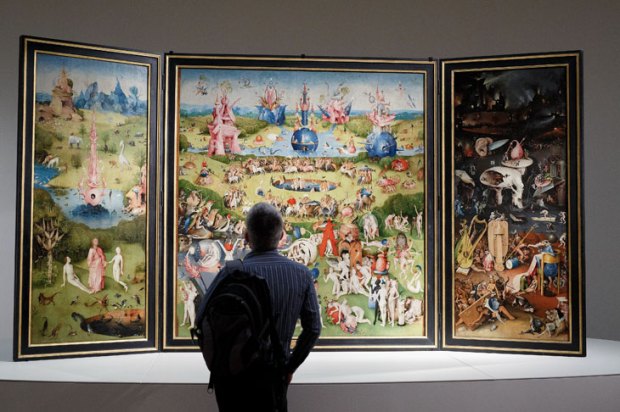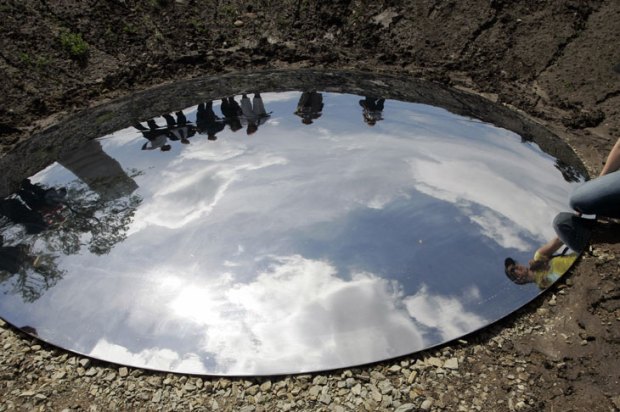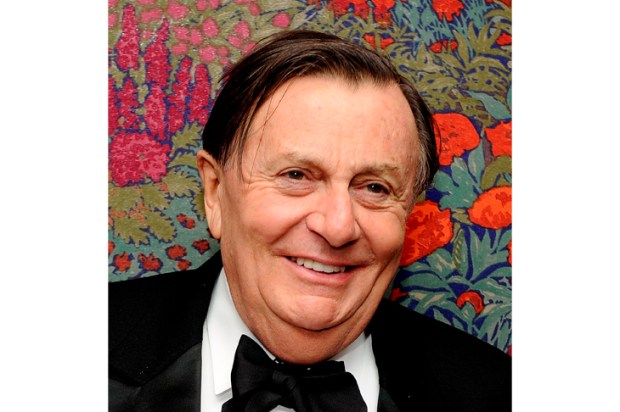Two days after the Paris attacks I arrive in Vienna for a United Nations meeting on human trafficking. Every one of the delegates taking the floor – from Iraq to the Philippines – preface their official statement by expressions of sympathy and solidarity with France and its people. The gesture appears to be genuine and heart-felt. But among my European colleagues there is a distinct sense of history being written while they stand helplessly by and watch in wonder. At stake is much more than national security. Irregular migration and terrorism – painfully linked in this part of the world – are sorely testing European commitment to freedom, justice and the rule of law. Policy makers know full well that neither peril can be defeated, certainly not without deployment of massive force and erosion of civil liberties on a scale that very few dare imagine. The options are narrowing fast.
Soon enough the usual battle lines reassert themselves. As is the case in any UN meeting on this subject, the United States comes under repeated attack for its annual report that dissects and assesses the performance of every country in the world in responding to trafficking: allocating pass, fail and ‘could do better’ grades in a way that outrages pretty much everyone outside the US. The criticisms are well founded: the report is often inaccurate and occasionally outrageously partisan. But I know that my own work in persuading governments to prosecute traffickers and protect victims would be infinitely more difficult without it. The ‘name and shame’ approach to international relations is brutal and unsophisticated but it sometimes works much better than anything else.
After the meeting ends, I wander down to the Westbanhof, one of Vienna’s largest railway stations and terminus for trains from Hungary. Austria has found itself in the middle of an unprecedented and (despite the vigorous assertions of our former PM) apparently unstoppable flow of migrants. Most are uninterested in lingering for longer than they have to, preferring to travel on to Germany where the welcome is expected to be warmer and more permanent than anywhere else in Europe. Austria doesn’t have the capacity to even begin to register the huge number of transiting migrants. The idea that the needles of terrorism could ever be identified within this immense and growing haystack is laughable.
I try – and fail – to imagine the scene of the past few months playing itself out at Central or Flinders Street stations. Inconceivable: Westbanhof’s platforms, tunnels and carparks crammed full of migrants and their belongings; industrious locals, many of them young, maneuvering shopping trolleys overflowing with water and blankets; a crèche, housed in an empty shop, providing a safe space for children to sleep and run around. Human misery and redemption are not new to this corner of Vienna. I chance upon a statue of a little boy sitting on a large suitcase and looking out into the distance. Für das Kind commemorates Britain’s role in the kinderstransport operation that channeled thousands of Jewish children through the Westbanhof and away from the Nazi death cult. The parallels are unsettling. Would such a brave and generous gesture be possible – or even contemplated – today?
Next stop: London, where I am working with one of the city’s leading firm of barristers to take the fight against human exploitation to UK and European Courts. Doughty Street is imprinted on my mind from childhood as the place where Charles Dickens wrote Oliver Twist. Today it gains international recognition from the Chambers that bears its name: home to the erudite and justly lionised Australian human rights lawyer Geoffrey Robertson – whose star has been only partly eclipsed by his junior colleague, George Clooney’s clever (and fabulously glamorous) barrister wife, Amal.
It takes a considerable leap of imagination to project Dickens’ London onto Boris Johnson’s slick and confidently multicultural city-state. But Oliver Twist’s world of destitution and servitude simmers obstinately beneath the surface for those who care to look. It’s a place inhabited by an endless supply of the exploited: young and poor East European migrant women saddled with onerous recruitment debts who form the backbone of Britain’s lower-end sex industry; unpaid, abused maids trapped behind the walls of Belgravia’s diplomatic residences; South Asian chefs and waiters locked in their kitchens at the end of 18 hour working days; Vietnamese boys recruited into forced criminality on cannabis farms. Plus ça change!
On the flight to Geneva I read about a senior UN official based in Bangkok, who, along with his wife, has been accused of beating and enslaving the help, a young domestic worker unfortunate enough to share their nationality but none of their privileges. The case has been settled out of court with no admission of guilt: a neat resolution that avoids any diplomatic embarrassment for the UN and the Thai Government. Such an outcome would be unthinkable in any robust criminal justice system but stories of victims being bribed into silence by rich exploiters are unexceptional in this part of the world. Police and prosecutors turn the other way, grateful to have avoided the inevitable backlash that accompanies any effort to bring the powerful to account. Let’s hope the UN shows a bit more spine. But, after having served on the frontline during the historic scandal over UN peacekeepers in Bosnia engaging in slave trading, I won’t be holding my breath.
Got something to add? Join the discussion and comment below.
Get 10 issues for just $10
Subscribe to The Spectator Australia today for the next 10 magazine issues, plus full online access, for just $10.
Anne Gallagher AO is an international lawyer and UN Adviser
You might disagree with half of it, but you’ll enjoy reading all of it. Try your first month for free, then just $2 a week for the remainder of your first year.













Comments
Don't miss out
Join the conversation with other Spectator Australia readers. Subscribe to leave a comment.
SUBSCRIBEAlready a subscriber? Log in